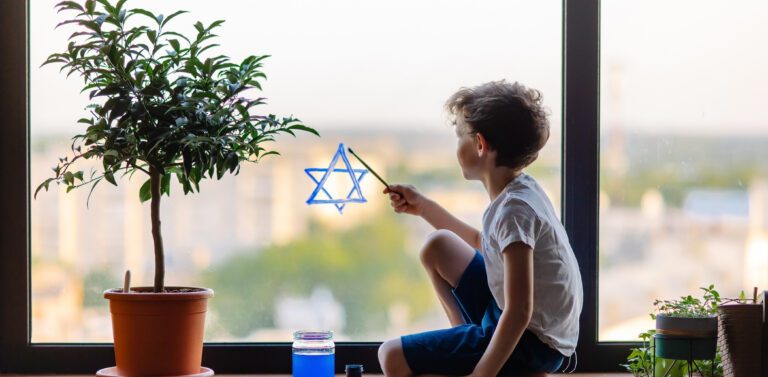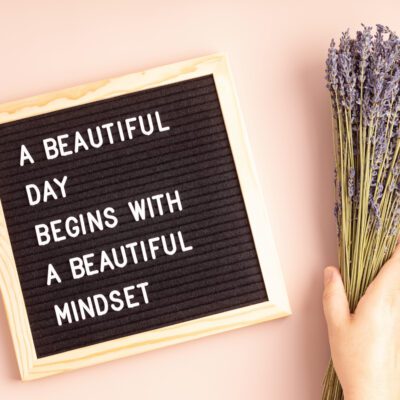For A Generation Who Does Not Believe, Teach – Nitzavim 5782
Instilling a love of G-d and the performance of mitzvot- commandments and good deeds, in our children is a challenging task. Twice a day the shema reminds us to teach it to our children. Teach this very thing that is very close to us, our traditions and religion. We do our best, by doing ourselves and transmitting through our actions. And we hope. We Pray. We observe our children’s actions wishing that they will love G-d and work on their relationship with him. Teaching this to small children is easy, but as they grow and are immersed in modern culture and their thinking is influenced by that culture, our job comes challenging. To raise children in a generation who does not believe means we have to take a kind, smart approach into our education so that it is they who renew their vows. Renew the covenant themselves.
To Teach To Connect
To teach children to have a desire to renew the covenant themselves takes work and is a challenge, yet not impossible. Why? They instinctively want to. It is human nature to long to connect, to be part of something. If facebook and instagram has taught us anything it is this: people want to connect. Facebook’s mission statement states that clearly.
People desire to have a relationship and be connected to the source of all existence . People want to be filled with ecstatic energy and be purposeful, that’s the soul’s basic desire. To be purposeful. We want to see and feel the oneness in everything and to know we are significant in that creation. Our existence matters, to feel our contribution makes a difference.
We know our religion and values have the power to nourish our soul and give us fulfilling lives. How do we get that across to our children? How do we get them to look no further to outside stimulus and find that connection is our faith? That is our challenge. It lies more in the way of communication. It begins by us being true to ourselves and adopting a love of all our actions and interactions first. To live immersed in modern culture means to adapt to its ways of communication if we want our children to absorb what we are teaching.
New Beginnings, New Approaches
Instead of teaching with shoulds and must, more effort has to be made to entice and teach the love and benefit and the connection of growing that relationship. A child in their teens or young adult is no longer going to respond to bittul, surrendering of the self because he is told to. Parents have to bring their persuasion skills and sell it because it is they, our children, who will take the step to renew the vows. It must come from them, make it their own. Parenting is challenging as it is and this is adding another layer to the work, but it’s so worth it because our children are worth it. We want them to be fulfilled with their lives and with who they are through our religion, values and traditions.
The message of this week’s parsha Nitzavim comes at an appropriate time every year to remind us we renew our vows, all together. Our children themselves must renew their vows just the same way as we do. We all stand together as one to renew the covenant. The opening verse of the parsha states:
“You are all standing this day before the Lord your God the leaders of your tribes, your elders and your officers, every man of Israel, your young children, your women, and your convert who is within your camp both your woodcutters and your water drawers”.
Nitzavim is always read on the shabbat before Rosh Hashana. Our intrinsic desire to connect makes Rosh Hashanah an important holiday in the Jewish calendar. We all stand together to make a commitment to connect and to serve. As simple people, we come as our truest self to honor the king and be at his mercy. We renew the covenant as our parents and their parents before did. This day, today as the verse says really means every day. Every day we are excited and overwhelmed with joy of the newness of this relationship.
A story In The Present
Parsha Nitzavim makes it very clear that the story of our ancestors in the desert, and the Torah given to them and the expectations of following its instructions is not solely for them but for generations to come.
“But not only with you am I making this covenant and this oath, but with those standing here with us today before the Lord, our God, and [also] with those who are not here with us, this day.”
Our children stand together with us to renew our vows on Rosh Hashanah. It is part of our divine mission to help them forge that connection. We get a shot every year. May this year we get a boost of strength in our determination to help them connect.









Leave a Reply